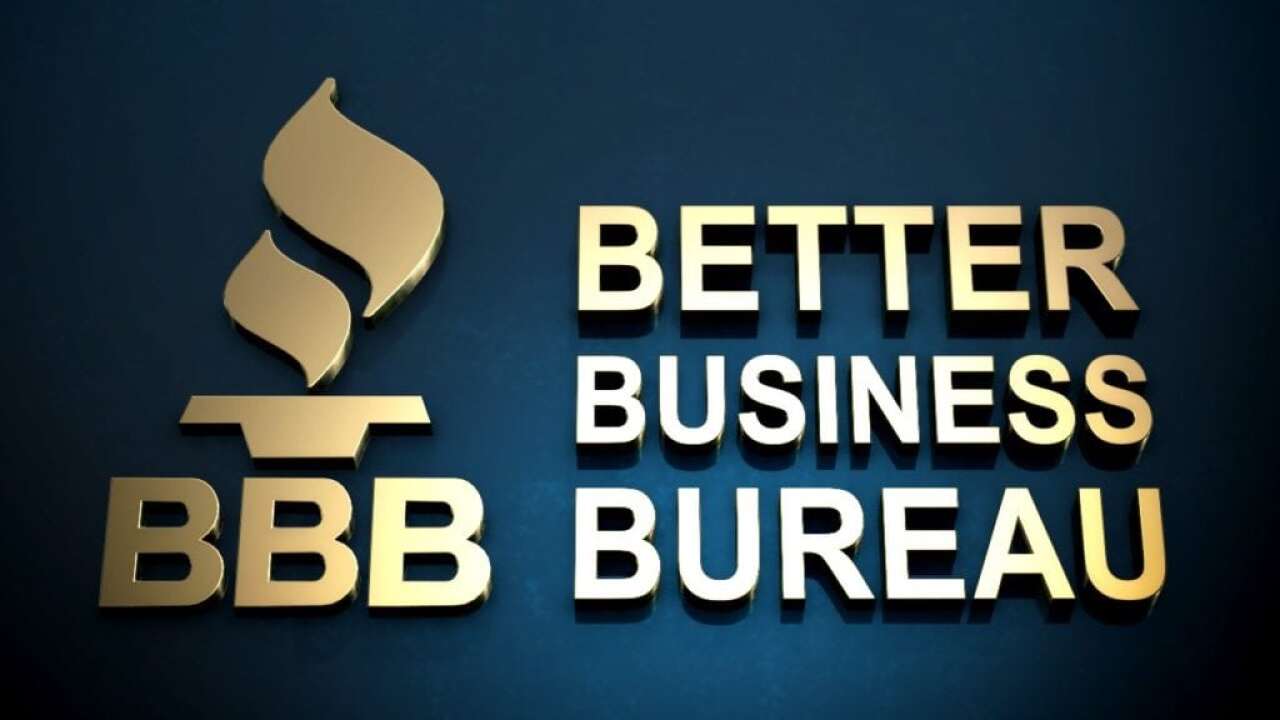CORPUS CHRISTI, Texas — Are you using a dating app? Think twice before sending revealing photos or videos.
Some con artists are taking a sinister approach to romance scams by blackmailing their victims. As romance scams become increasingly complex in the digital era, criminals may demand payment to prevent compromising pictures or videos of a victim from being distributed online or sent directly to people the victim knows.
"In April 2021, an Austin resident reported to BBB Scam Tracker they were contacted by an individual claiming to be a hacker who had accessed the victim’s webcam without their knowledge," Katie Galan of the BBB said.
In order to prevent the recorded video from being sent to the victim’s contacts and social media following, the scammer demanded $1,000 through bitcoin transactions within 48 hours, Galan said.
This month, a Waco-area resident reported to BBB Scam Tracker they were contacted by someone on Facebook who appeared to be interested in a romantic relationship and initiated a video call.
After the call ended, the scammer told the victim that the video had been recorded and demanded payment through gift cards or mobile banking apps to prevent the video from being distributed online.
While these scams typically progress similarly to the experience of the Austin resident, BBB Scam Tracker has recently seen a national increase in reports where the victim willingly provides compromising material to the con artist after meeting through a dating app or social networking site – falling directly into their con or scheme.
Here is how the Scam Works:
You meet someone you are interested in on a dating app. The person sends you risky photos of themselves and asks for the same in return.
If you send the images or videos, the scammer then begins to blackmail you. Scammers use your phone number or social media profile to look up the names of your friends, family members, and even your workmates or supervisor. Then, they threaten to send those pictures to your contacts.
According to one report, after a compromising video call, a woman began “blackmailing me, [threatening] to release the video footage on social media and send it to my friends and family. [Then] a guy took over blackmailing. They were demanding a sum of $3,000.”
According to Galan, "Scammers often ask for payment via gift card or wired funds, all methods that can’t be traced to them and make it impossible for you to recover your funds. If you cooperate, you’ll lose your money, and there’s no guarantee the scammers will delete the images and videos. In fact, scammers will likely continue contacting you, asking for more money periodically."
Galan does have tips from the BBB to avoid these scams.
"Never share your personal information with someone you just met," Galan said. "Don’t give your cell phone number, home address, email address, or even your social media profile to a stranger. Wait until you know and trust a person, preferably when you’ve already met them in person."
Research your love interest. One telltale sign you’re dealing with a scammer is a stolen profile picture. Do a reverse image search of the person’s profile picture to ensure it isn’t being used under a different name or on multiple profiles.
Think before you send photos or videos. Once you send a photo or video, you cannot get it back. Remember that even video calls can be recorded and use good judgment to protect your reputation.
Don’t pay money to scammers. Even if you pay them, you have no guarantee that scammers won’t use the photos or videos anyway. Plus, your money could be funding criminal activity.
If you have any concerns about a scam, product or business log onto the BBB's website here for more information.




